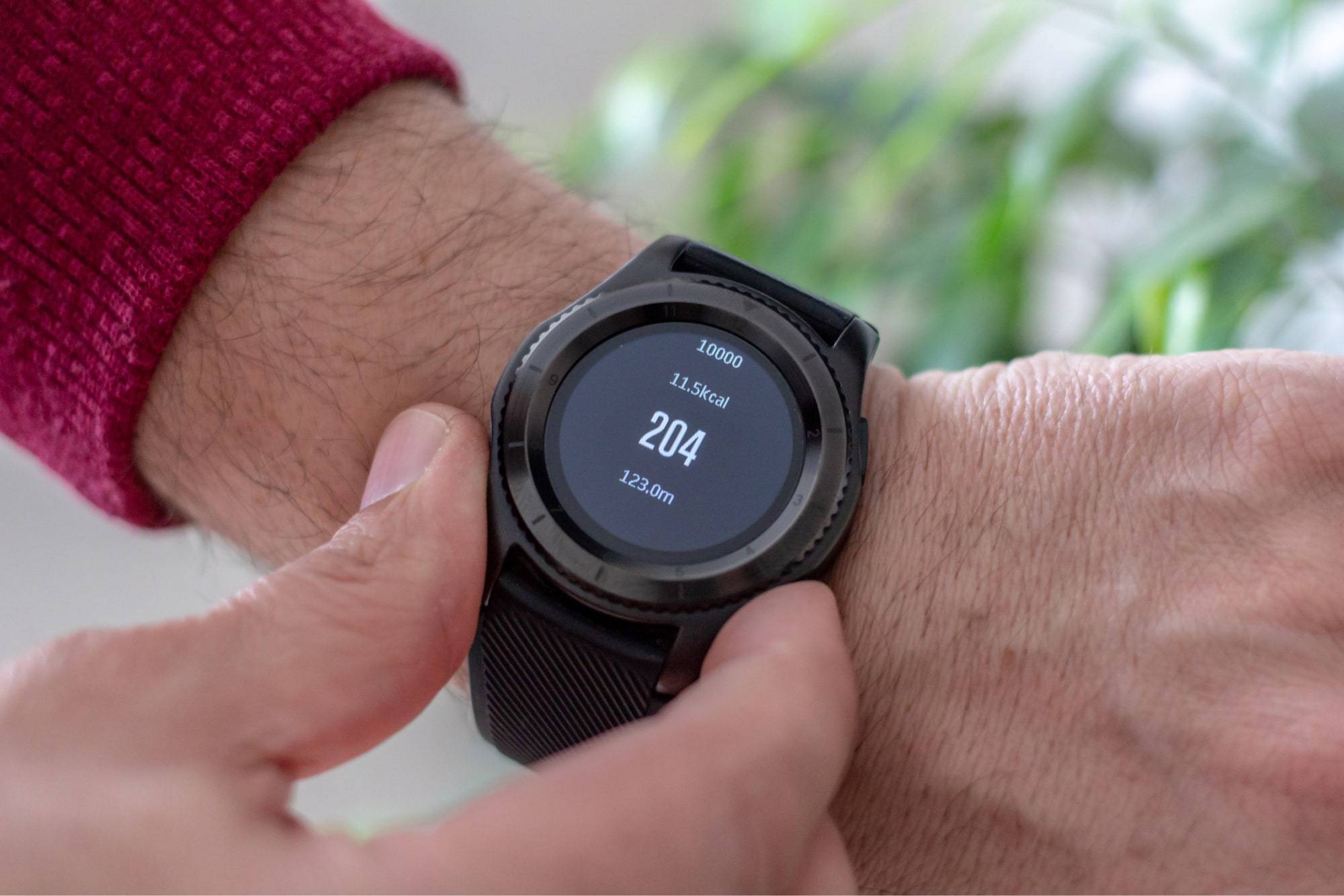Post-run hunger, or “runger,” is common for many runners. Many are afraid of this condition and often think something is going wrong with their body. If you have this problem, this article will help you understand the reasons for post-run and post-workout hunger and give helpful advice on how to avoid it in the future.
Why Am I Always Hungry After Running?
There are a lot of reasons why you feel like you are starving after running — from physiological to mental. Let’s look at them more concretely:
- It all depends on your running experience
It may sound strange, but if you are only starting your running career, you can always feel hungry. Since your body is going through a new experience, it doesn’t know what to expect, and hunger can be more noticeable. It is proven that exercise shifts hypothetical food choices toward greater amounts and more immediate consumption.
- The intensity of the workout matters
Does running a lot make you hungry? Yes! This study shows that endurance exercise increases ghrelin, the “hunger hormone.” Another study shows that ghrelin mediates exercise endurance and the feeding response post-exercise.
Basically, the longer and harder the workout, the more calories you burn. So you will feel more hungry than usual.
For example, if you are preparing for a marathon, and your workouts become more intense, you will experience an increase in appetite after training. This study proves it. Still, it is not a cause for concern – all will go back to normal once you return to your usual workouts.
Running is a more vigorous type of exercise than some others. For example, you may burn more calories during a 45-minute running workout than during the same training on a bike or elliptical machine in the gym.
That is why some runners prefer short HIIT workouts, as they suppress hunger.
- Your sex influences your appetite
Scientists are still working on this topic, but some studies show that, after workouts, women seem to have a greater level of appetite-stimulating hormones, and they usually consume more calories relative to the amount of energy they burn while exercising than men.
- Your body composition matters
Some studies suggest that body fat levels can affect sensitivity to appetite-stimulating hormones. Therefore, people who are obese are more sensitive to these hormones. So after training, they will want to eat more than people of average weight.
This is all because adipose tissue is hormonally and metabolically active tissue that directly interacts with the brain by releasing hormones.
In short, the more you weigh, the more you want to eat after a workout. And this is not about a lack of willpower; it is explained by the fact that obese people have an exaggerated response to hunger hormones, which stimulates them to eat more.
- The time you train is important
The reason you always feel hungry after a workout may be related to the time you do it.
According to this study, morning exercise increases your total energy expenditure throughout the day by about 200 calories compared to your baseline. At the same time, evening exercise can reduce total daily caloric intake by about 20 calories compared to baseline.
So you may want to consider moving your workout to another time. Of course, that’s if you don’t have problems with the other points mentioned here.
- You are not eating enough
This may be the main reason you are running hungry all the time.
According to the American Council on Exercise, a runner weighing 63 kg burns 13.2 calories per minute. The 2015 to 2020 edition of the Dietary Guidelines for Americans says that active men should consume up to 3000 calories a day and women up to 2400 calories a day.
Calories are your fuel – if you don’t consume enough, you should not be surprised that you feel constant hunger.
- You are dehydrated
Sometimes we can confuse the feeling of thirst with the feeling of hunger. If you are always hungry after your working out, try drinking some water – your hunger may disappear, as your body just needs hydration.
- You confuse mental hunger with physical
Sometimes people use food as a reward for working out, even if they are not hungry. People can also exaggerate the number of calories they burn and think they can eat much more after a workout. Like: “Hey, I’m tired and ran a lot, so I’m hungry!”
Other important facts that can lead to hunger include:
- Eating a lot of junk food. If your main nutrition consists of non-nutritional products like candies, chips, fast food, or other food with empty calories, it will lead to hunger and even being overweight.
- You eat a lot of carbohydrates. Yes, carbs are essential. But eating only a bowl of pasta or baked potato after a workout is not healthy, even if it is cooked well. It lacks enough protein and fiber to provide a feeling of fullness.
- Mindless eating. While you are enjoying your post-run hour, grabbing a bowl of pretzels or another snack is easy without even thinking. As a result, you don’t realize how much you are consuming and don’t know how to stop feeling hungry after eating. You may have a habit of eating while watching TV, reading books, or being on the Internet – it is a bad habit.
How to Manage Your “Runger”? 8 Tips You Should Remember
If you are always hungry after a workout – use this advice, and you will fight this problem.
1. Eat a Lot of High-Fiber Foods
As mentioned earlier in this article, fiber provides the feeling of fullness because sources of fiber are bulky and fill up the stomach faster. In addition, high-fiber food needs more chewing. This, in turn, also helps to satisfy hunger.
Another pleasant benefit is that these foods are low in calories, which is especially important for those who want to lose weight or control it. Avoid refined and processed food – it contains empty calories and provides the feeling of fullness in your stomach for a very short time.
What Products Contain Fiber?
The top choices are vegetables, whole grains, nuts, and fruits. These foods have a lot of water and give a feeling of fullness.
High-fiber foods also contain many vitamins, minerals, and antioxidants necessary for good health – just add vegetables and fruits of different colors! You should also remember that fruits have a lot of glucose, so don’t overdo it.
2. Eat More Frequently
A three-meals-a-day nutrition plan may not suit you, as you train a lot and may feel hungry faster than when your next meal comes. Divide your meal into 5 smaller ones and eat frequently.
Be sure that you have healthy snacks you can eat on the go – this will help you not consume the unhealthy food you see in front of you.
3. Stay Hydrated
As we said above, sometimes we can confuse hunger and thirst. To not let this happen, drink a lot of water during the day. Always have a bottle of fresh water near you, and put some bottles in your usual places so you don’t forget about hydrating.
4. Hide All the Junk Food
Put all unhealthy food into cupboards or drawers so you aren’t tempted to eat it when you feel hungry after a workout. Replace all the food you store with fruits and vegetables.
5. Slow and Mindful Eating is Essential
Our brain needs about 20 minutes to understand that we are full. Eating too quickly leads to overeating, as you can eat a lot before your body understands that your stomach is full. If you eat slowly, your brain will send fullness signals before you overeat.
Also, you should remember that the process of eating must be clean – without TV, reading books, or surfing the Internet on your phone – give yourself time to enjoy the food and feel satiety.
6. Eat after Run
Our bodies know how to regulate themselves. We just need to help them. If you eat healthily, soon, you will learn to differentiate real hunger from psychological hunger. This, in turn, will help you to build your running schedule and, therefore, your nutrition needs.
Try to plan a meal within a few hours of training. Thus, you won’t feel extremely hungry after the workout. And you can prepare a normal meal after running.
Of course, we sometimes eat junk food. To reduce its influence, try mixing your favorite sweets or other foods with protein. For example, you can eat a cookie with yogurt. Thus your post-running indulgence won’t do as much harm.
“Never run just to eat – eat to have a good run” – this quote must become one the most important in your sports career.
7. Have a Good Rest
If you don’t have enough sleep, it increases your level of ghrelin, which, in turn, influences your hunger. Improve your sleep, and the problem of starving after a run can disappear.
8. Have a Regular Check-Up of Your Health
If you have done all we mentioned above, but your runger did not disappear, your problem may be deeper. Sometimes, the body can ask us for help in different ways. So, if you always feel hungry and nothing helps – it is a reason to visit your doctor for a check-up.
Wrap Up
Feeling extreme hunger after a running workout is a very common problem. Using the tips from this article, you can solve it. Please write in the comments if you have more advice on dealing with hunger after workouts.






